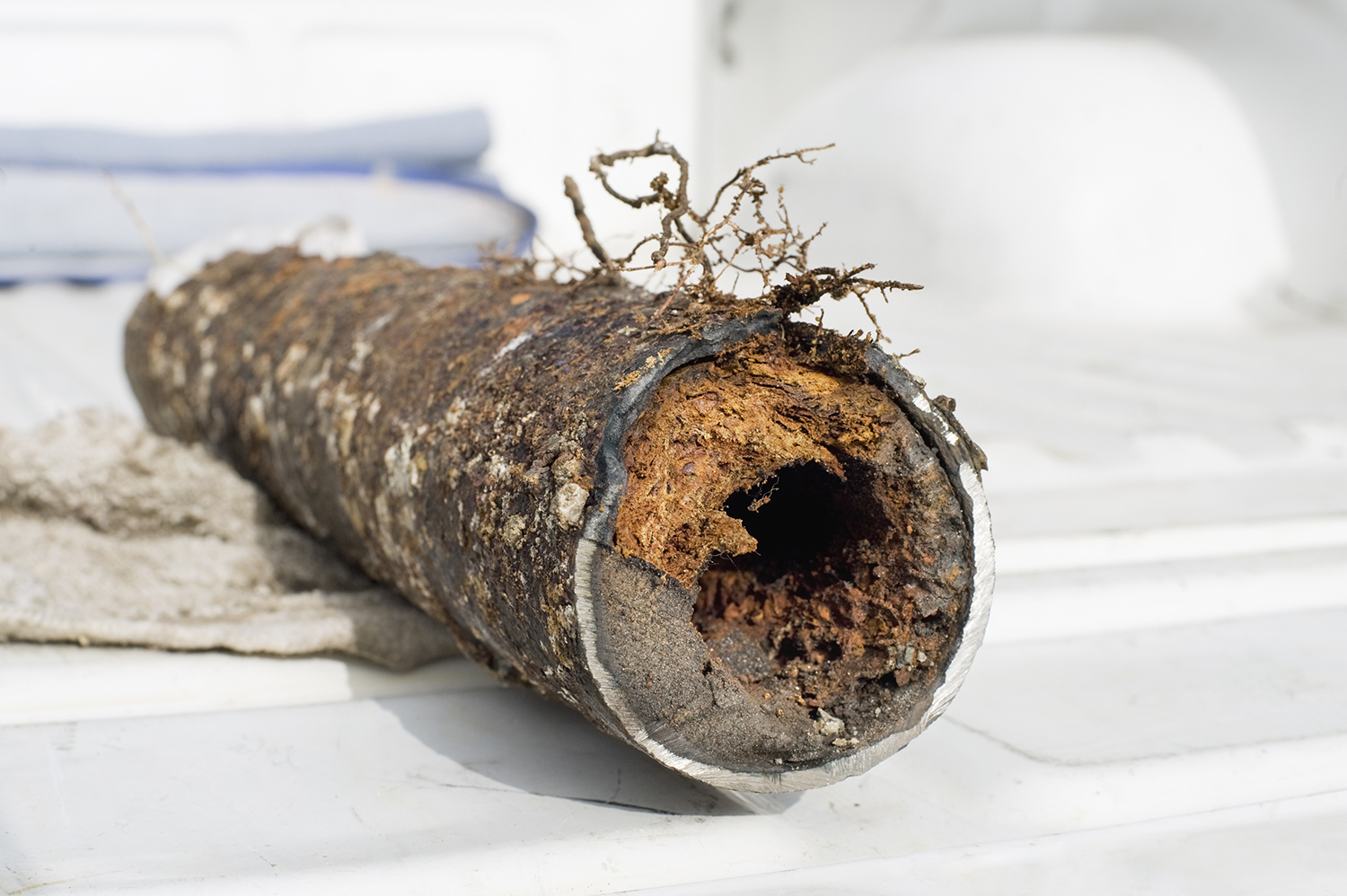
Sewer Clogs
Sewer Clogs
Sewer clogs are a common plumbing issue that can cause significant problems if left unaddressed. These clogs occur when foreign objects or debris block the flow of wastewater through the sewer pipes. They can lead to unpleasant odors, slow drainage, and even sewage backups in your home or business.
Prevention
Preventing sewer clogs is crucial to maintaining a properly functioning plumbing system. Here are a few preventive measures you can take:
1. Dispose of Waste Properly: Avoid flushing items like diapers, feminine hygiene products, wipes, or paper towels down the toilet. Only flush toilet paper and human waste.
2. Be Mindful of Grease: Grease and cooking oil should never be poured down the drain. Instead, allow it to cool and solidify, then dispose of it in the trash.
3. Install Drain Screens: Placing drain screens over your drains can help catch hair, food particles, and other debris, preventing them from entering the sewer lines.
4. Regular Maintenance: Schedule routine sewer line inspections and cleanings with a professional plumber. This will help identify any potential clogs or blockages before they become major issues.
Leaky Pipes
Leaky Pipes
Leaky pipes are another common plumbing problem that can lead to significant water damage if not addressed promptly. They can occur due to aging pipes, corrosion, high water pressure, or improper installation. It’s essential to identify and fix leaky pipes as soon as possible to prevent further damage.
Prevention
Taking preventive measures to avoid leaky pipes can save you from costly repairs and water damage. Here are some steps you can take:
1. Monitor Water Pressure: High water pressure can put stress on your pipes, leading to leaks. Consider installing a pressure regulator to maintain a safe and consistent water pressure level.
2. Insulate Pipes: Insulating your pipes can protect them from extreme temperatures, reducing the risk of cracks and leaks.
3. Regular Inspections: Periodically inspect your pipes for any signs of leaks, such as water stains, mold growth, or dampness. Promptly repair any identified issues.
4. Professional Installation: When installing new pipes or making repairs, hire a licensed plumber to ensure proper installation and minimize the chances of leaks.
Dripping Faucets
Dripping Faucets
Dripping faucets may seem like a minor annoyance, but they can waste a significant amount of water over time. Additionally, the constant dripping sound can be irritating. Most often, dripping faucets occur due to worn-out washers or faulty internal mechanisms.
Prevention
To prevent dripping faucets, consider the following tips:
1. Replace Washers: If you notice a faucet dripping, it’s likely due to a worn-out washer. Replace the washer promptly to stop the drip.
2. Regular Maintenance: Schedule regular maintenance of your faucets to identify any potential issues. A plumber can inspect and repair any faulty parts before they escalate.
3. Turn Off Taps Properly: Avoid turning off faucets forcefully as it can cause unnecessary wear and tear on the internal components. Close taps gently to prevent future leaks.
By following these preventive measures, you can minimize the occurrence of common plumbing issues and ensure the longevity of your plumbing system. Remember, regular maintenance and timely repairs are key to avoiding costly and disruptive plumbing problems.